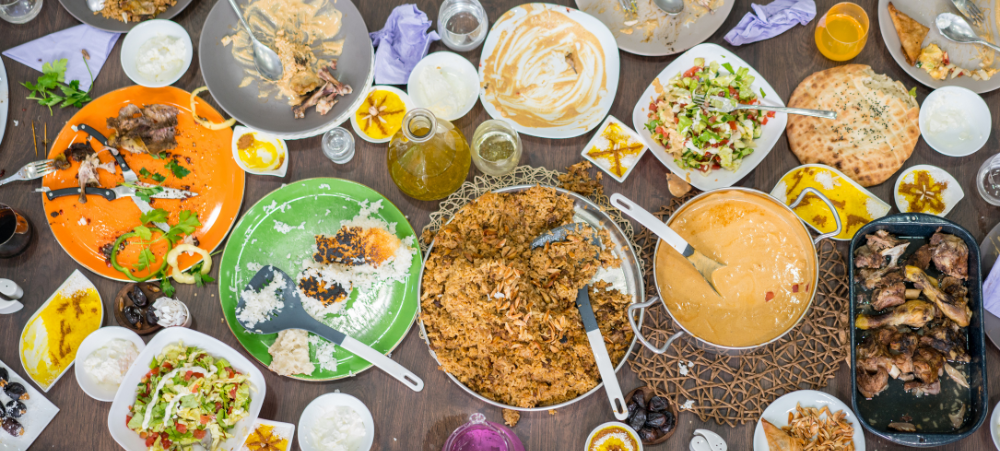Leftovers are an important part of every busy household – and for good reason. They’re a great way to save food from going to waste, plus they’re an excellent option if you’re looking to save a little time and money. But reheating food can be a dangerous game to play. And, if done incorrectly, it can lead to wasted taste and nasty side-effects. The good news, however, is that there are safe ways to reheat and revive your leftovers that will give your food a tasty second chance.
Here’s what you need to know about reviving leftovers.
Store food properly
The first step to great leftovers is proper storage. Sealing leftovers is a must, as this will prevent bacterial growth and thwart cold air from drying out your food. It’ll also stop leftovers living in the fridge picking up scents and tastes from other groceries. Of course, some leftovers can be stored outside of the fridge, and most baked goods will be fine in a sealed container in a cool, dry spot.
When it comes to prepared food though, you’ll want to keep leftovers in the fridge. Prepared food usually starts entering the danger zone for bacterial growth when kept at room temperature for longer than two hours. So, if you’re cooking a big batch of Saffron Rice for instance, you’ll want to get that into an airtight storage container and into the fridge as soon as possible after it has cooled. And that could become your rice component for the next time you cook your famous Chicken Curry.
For a longer storage solution, the freezer is your best bet. Once again, keep the two-hour rule in mind and ensure that items are properly sealed.
Know when to say goodbye
You may be tempted to hang on to leftovers for days, thinking that they’re safe and sound in the fridge. Generally, however, already cooked food should only be stored for three to four days tops. Fridge storage should be reserved for cooked foods that you plan to finish soon. If you want to sustain something for longer, or if it’s just too much to consume in a few days, turn to the freezer.
When it comes to items like cold foods or cooked vegetables, safe storage time may differ. Cold foods like deli meats or chicken need to stay cold. If these foods have been left out for over two hours, it’s best to toss them. However, they’ll keep for seven to ten days in the fridge. With cooked vegetables, only hang on to leftovers for a maximum of three days.
Revive them in the right appliance
Knowing which appliance to turn to when reheating food can make or break the taste factor. Microwaves are great for convenience but can change the texture of leftovers – sauces can separate, and pizza loses its crisp base. Rather stick to reheating rice, couscous, soups, and stews in the microwave.
Ovens are a great option if you want to revive the crunchiness and taste of things like potatoes the next day. However, they take time to reach the desired temperature, making your next-day meal slightly more time consuming. Air fryers are a convenient alternative here. They heat up faster than an oven and don’t leave your dishes soggy afterwards.
The most convenient option of all is something that combines all the best elements of a microwave, oven, and air fryer into one versatile appliance. With multiple heating and cooking settings, the LG NeoChef Convection acts as an air fryer, microwave, convection oven, and more. It cooks quickly, heats evenly, and uses Smart Inverter technology to precisely control the temperature. This means you can pick the perfect setting, no matter what your leftovers are. It’s easy to use and sure to be a firm favourite in your kitchen.

For the perfect leftovers, be sure to store your food properly, use it on time, and reheat it under the right setting. For ultimate convenience, invest in an appliance that can meet all your reheating needs with the simple push of a button.




